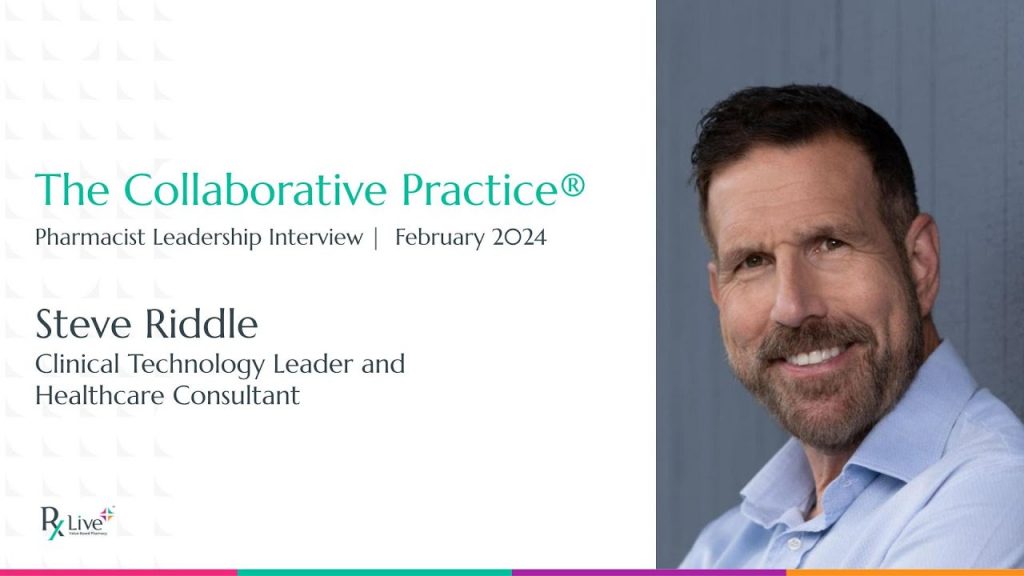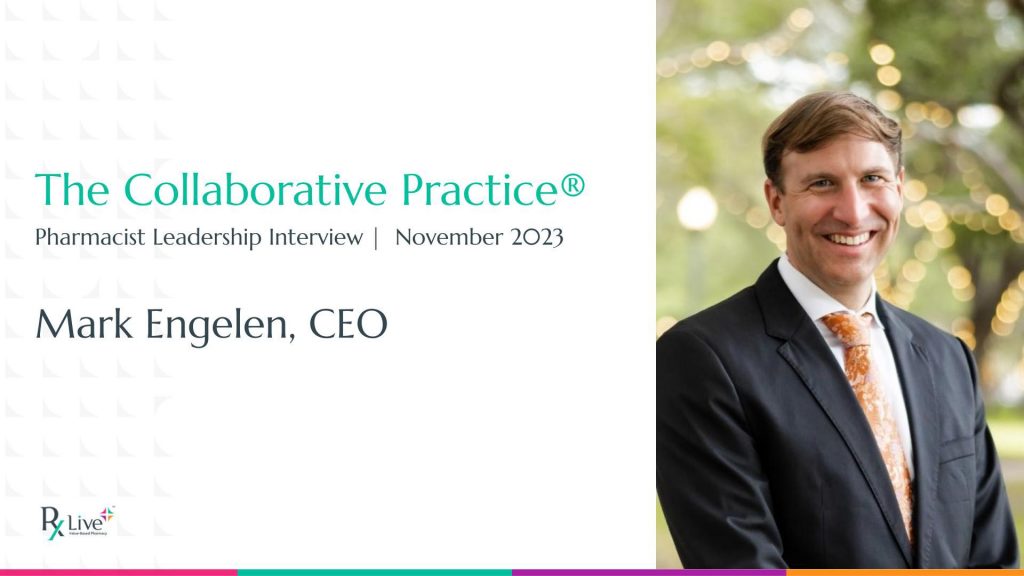There’s no doubt: seamless data integration is the backbone of value-based care.
This month, RxLive’s co-founder and CPO, Kristen Engelen, spoke with pharmacy compliance expert and National Council for Prescription Drug Programs (NCPDP) Trustee Kim Boyd about why data interoperability is critical to equitable, patient-centered care plans.
“Data standards and interoperability,” Kim says, “support population health by enabling large scale data aggregation, which can then be leveraged to expeditiously identify trends in patient care, track outcomes, and develop targeted interventions” to improve medication adherence.
But how do networks create economies of scale? How do providers support infrastructure for patients who want, and need, the flexibility that technology-powered healthcare offers?
One powerful solution: pharmacists and the data-rich tools they rely on.
Kim sees immense potential in how pharmacists can facilitate the seamless exchange of patient information between healthcare settings to “help enhance medication management, reduce errors, and enable more coordinated and comprehensive quality care for patients.”
Kim’s vision is, importantly, increasingly in focus industry wide. The NCPDP has implemented standards to support initiatives that “foster interoperability and improve communication between the pharmacist community and other healthcare providers to improve patient care and improve outcomes across the ecosystem.”
The result? From telehealth consults to medication management via telepharmacy, pharmacists are working to break down barriers to health equity throughout the United States, no matter who their patients are or where they live.
For a more comprehensive look into Kim’s thoughts on how pharmacy interoperability lends support to the whole healthcare ecosystem, tune in to the full interview.





